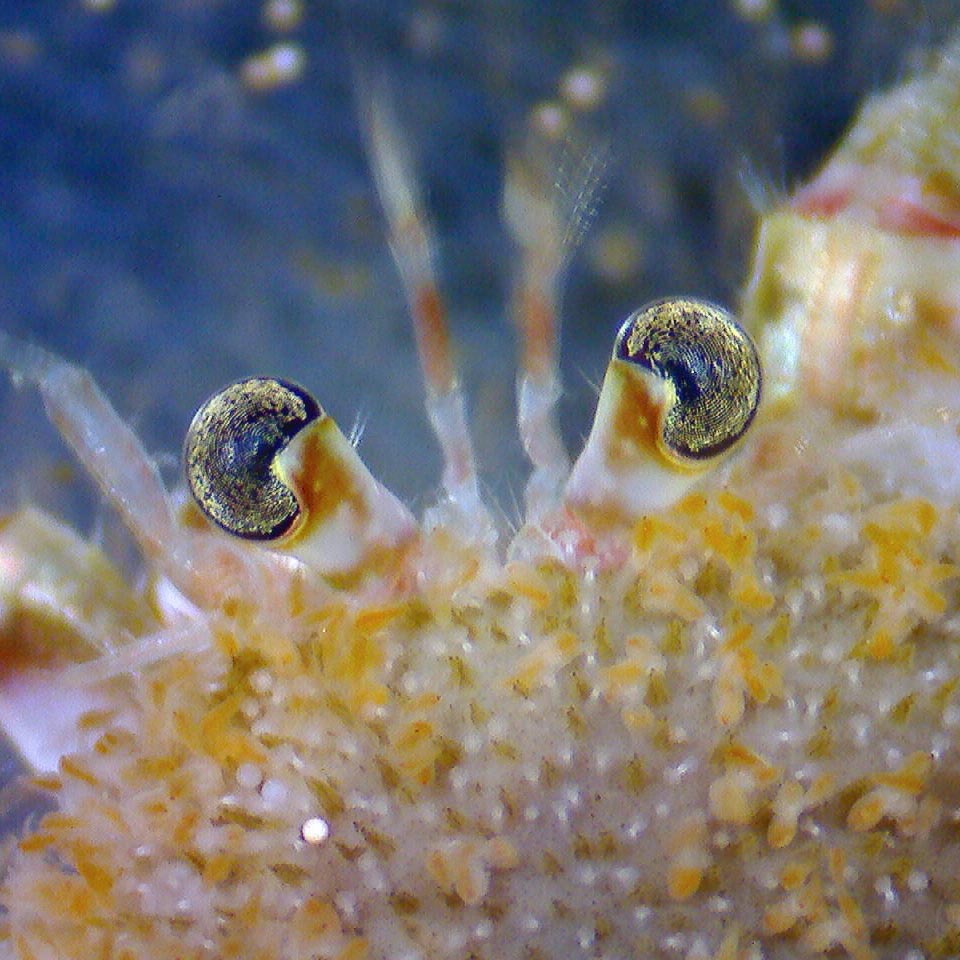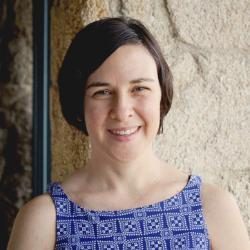 The Whitney Laboratory for Marine Bioscience
The Whitney Laboratory for Marine Bioscience

The Oct. 11, 2018, lecture in the fall Evenings at Whitney Lecture Series hosted by the University of Florida Whitney Laboratory for Marine Bioscience took place at 7 p.m. and was titled “Many Ways to Regenerate: Cell Fate Plasticity and Migratory Stem Cells in Marine Hydroids.” Christine Schnitzler, assistant professor of biology at Whitney Laboratory, talked about her work that looks at the multiple ways marine hydroids, small colony-forming invertebrates that commonly grow as polyps, regenerate or regrow tissues. This free lecture was presented at Lohman Auditorium, located at 9505 Ocean Shore Blvd., on the Whitney Laboratory campus.
Schnitzler talked about a particular marine hydroid, Hydractinia, which has diverse characteristics and occurs in nature on the back of hermit crab shells. Hydractinia has many regeneration properties and can regrow any tissue or structure at any point in its life. Schnitzler shared what she has learned about how this marine hydroid regenerates, including whole-body regeneration. She also talked about her lab’s work that investigates and characterizes the stem cells that are involved in the Hydractinia’s regeneration process. The ultimate goal of this research is to gain a better understanding of how the stem cells and amazing regenerative abilities of this organism relate to stem cells in other animals, including humans.
Schnitzler joined Whitney Laboratory in 2016. She is an experimental invertebrate marine biologist with a focus on cellular and molecular biology techniques. She earned a bachelor’s degree in environmental science from Northwestern University, master’s degree in marine science from California State University, Monterey Bay and doctorate in zoology from Oregon State University. She was a postdoctoral fellow at the National Human Genome Research Institute of the National Institutes of Health.
